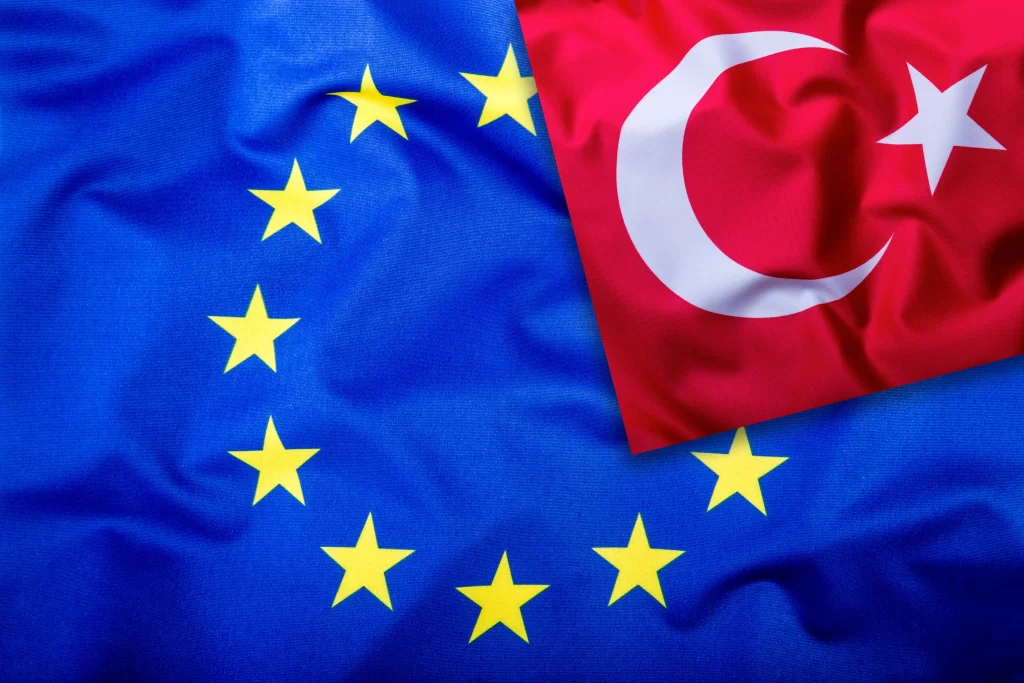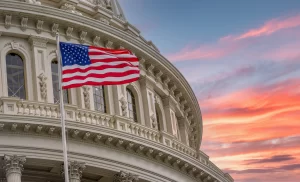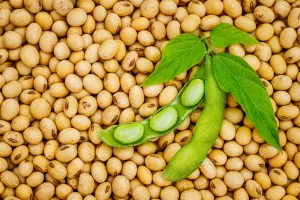EU-Turkey Relations Gain Momentum Amidst Various Factors
3 min read
After a period of low mutual trust and cooperation based on immediate needs rather than strategic objectives, EU-Turkey relations have begun to reinvigorate due to a convergence of factors. Following the outcome of the Turkish Presidential Election on May 28, statements from Brussels emphasizing the importance of cooperation with Turkey have led to discussions about advancing relations in a “strategic and forward-looking” manner.
The European Council, composed of EU leaders, requested the European Commission to prepare a report based on the election results for discussion in the autumn meeting.
During the NATO Summit held in Vilnius, Lithuania, in July, where Sweden received approval for its membership, discussions surrounding Turkey’s support for the EU process, including visa liberalization, gained traction. President Recep Tayyip Erdoğan’s message urging the EU to pave the way for Turkey’s progress also contributed to increased dialogue between Brussels and Ankara.
In July, the EU Foreign Ministers’ Meeting discussed Turkey’s issues, and the EU High Representative for Foreign Affairs and Security Policy, Josep Borrell, mentioned that Ankara’s requests for visa liberalization and updates to the Customs Union were on the table. This led to anticipation for developments in the autumn.
President Erdoğan conveyed Turkey’s expectations and demands to the EU after a cabinet meeting on July 24. He emphasized reviving the process of full EU membership, updating the Customs Union Agreement, and achieving visa liberalization for Turkish citizens.
Subsequently, Foreign Minister Hakan Fidan highlighted that discussions between Turkey and Sweden have shifted from bilateral to a new strategic level, urging the EU to address Turkey’s legitimate concerns and demands.
Visa liberalization, one of the upcoming topics, aims to eliminate the obligation for Turkish citizens to obtain visas for short visits (up to 90 days within 180 days) to all EU member states except Ireland and Schengen countries (Iceland, Liechtenstein, Switzerland, and Norway).
Although Turkey implemented 66 out of 72 criteria, visa-free dialogue was initiated on the basis of the 2013 Turkey-EU Readmission Agreement, which included five main groups of 72 criteria.
Experts’ Expectations:
Experts expressed their expectations for the upcoming developments, indicating that although Turkey deserves the right to visa liberalization at the current stage, they do not expect significant progress in the anticipated process.
Koert Debeuf, an expert in EU-Turkey relations, highlighted that the ongoing conflict in Ukraine led the EU to recognize the need for more allies, potentially influencing its stance towards Turkey’s visa liberalization.
Amanda Paul, a Turkey expert at the European Policy Center, noted a decline in political willingness among member states regarding Turkey’s visa liberalization and pointed out an increase in visa application rejections for Turkish citizens.
EU Commission’s Standpoint:
The European Commission’s spokesperson for internal affairs, Anitta Hipper, stated that out of the 72 visa liberalization criteria, six are yet to be met by Turkey. She emphasized that Turkey must fully fulfill all criteria before further steps are taken.
Peter Stano, the spokesperson for foreign affairs of the Commission, stated that the Commission is working on the assessment report for Turkey, aiming to present it to member states this year. He underlined the EU’s commitment to preventing conflicts in the Eastern Mediterranean and resolving the Cyprus issue.
Josep Borrell, the EU High Representative for Foreign Affairs and Security Policy, emphasized that discussions encompass multiple issues, including updating the Customs Union Agreement and visa liberalization. The EU hopes for lasting stability in the Eastern Mediterranean and renewed efforts for Cyprus negotiations.




